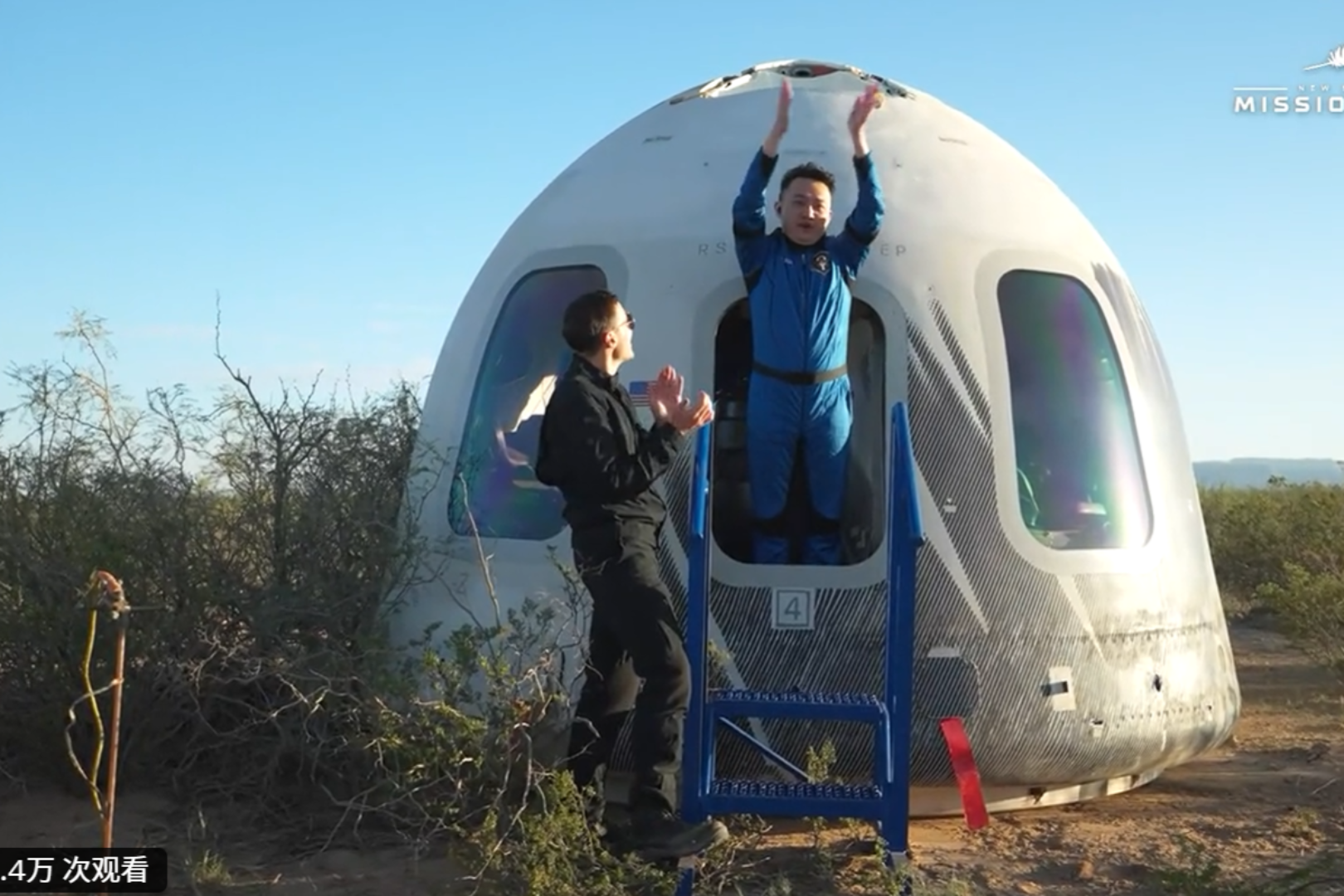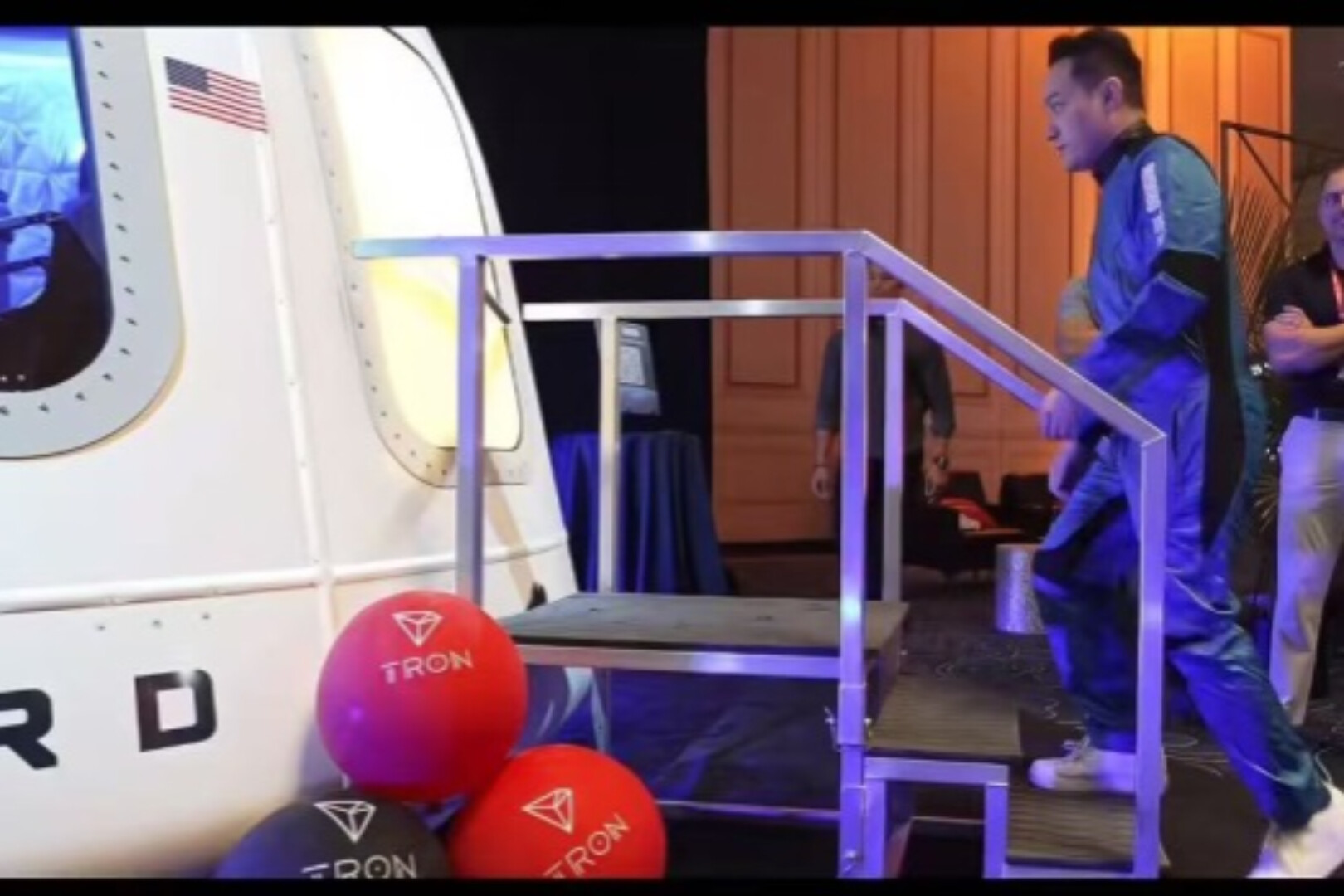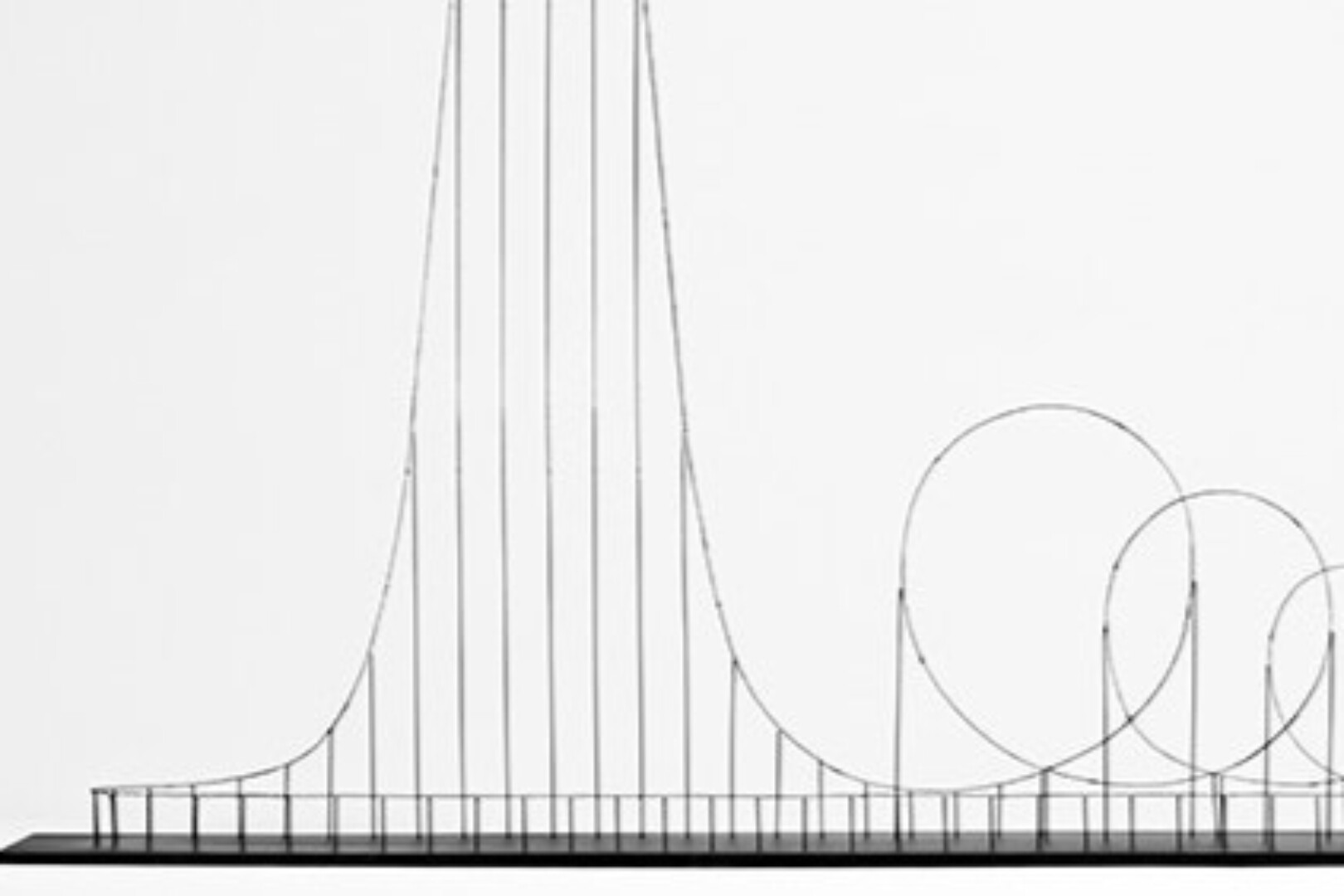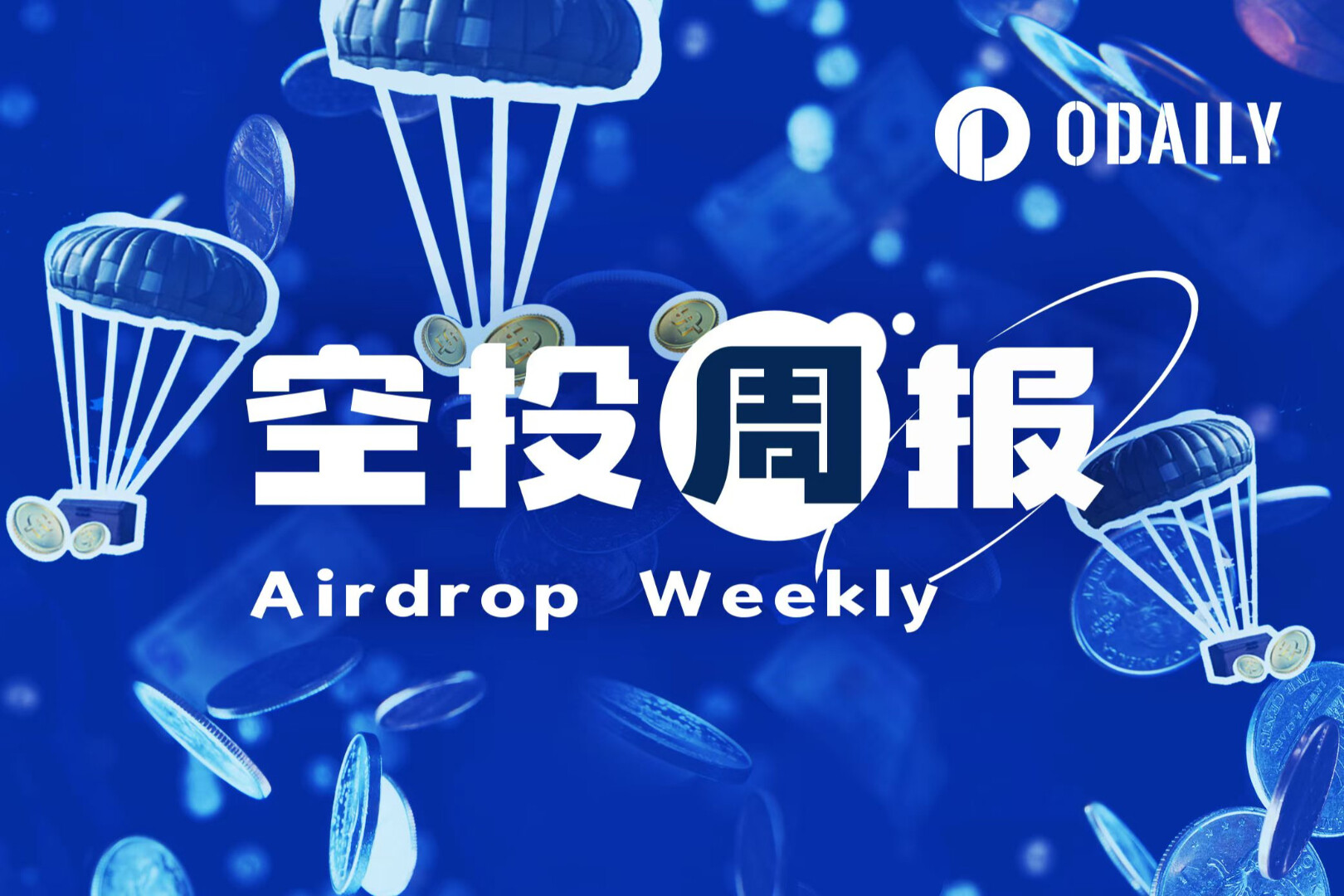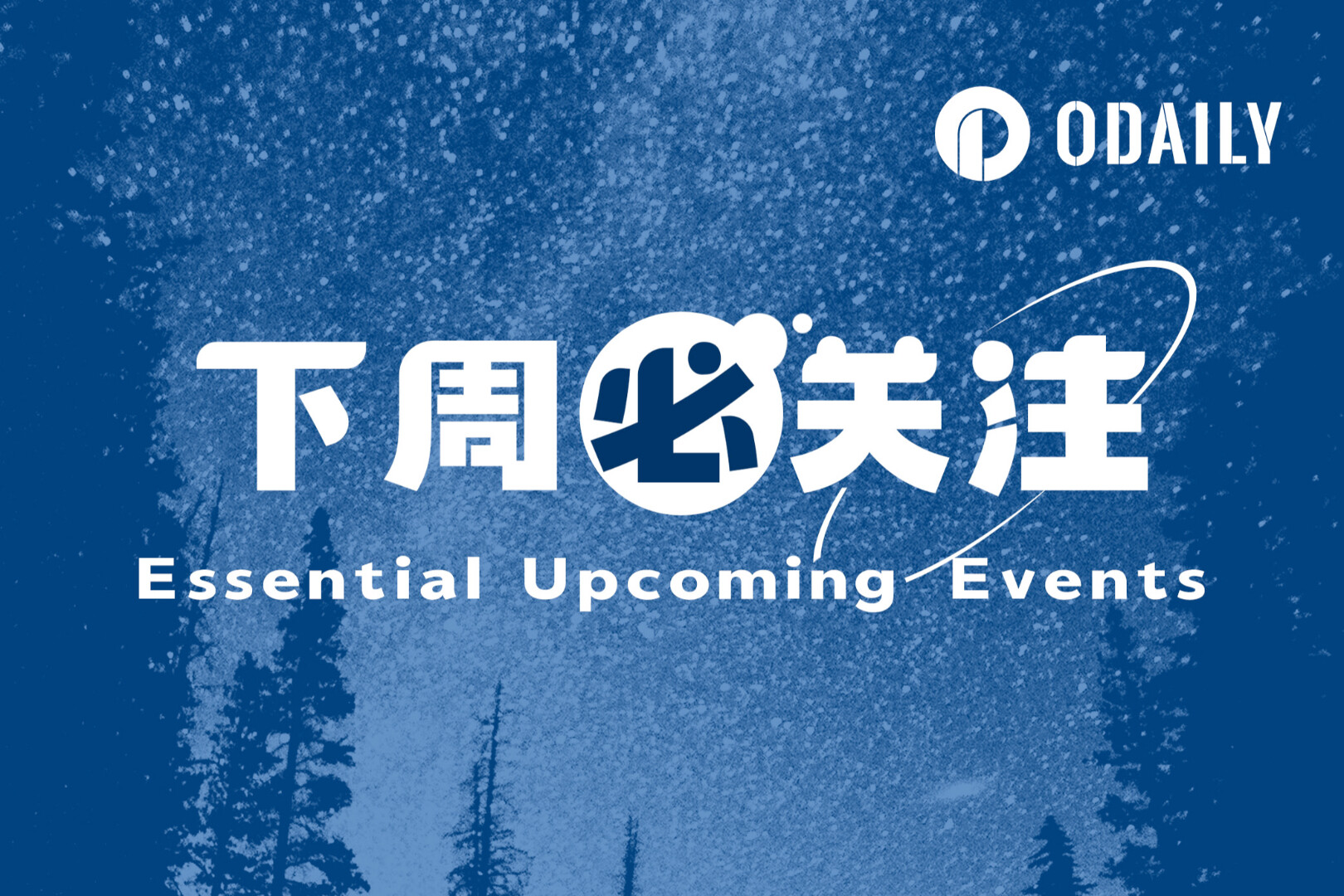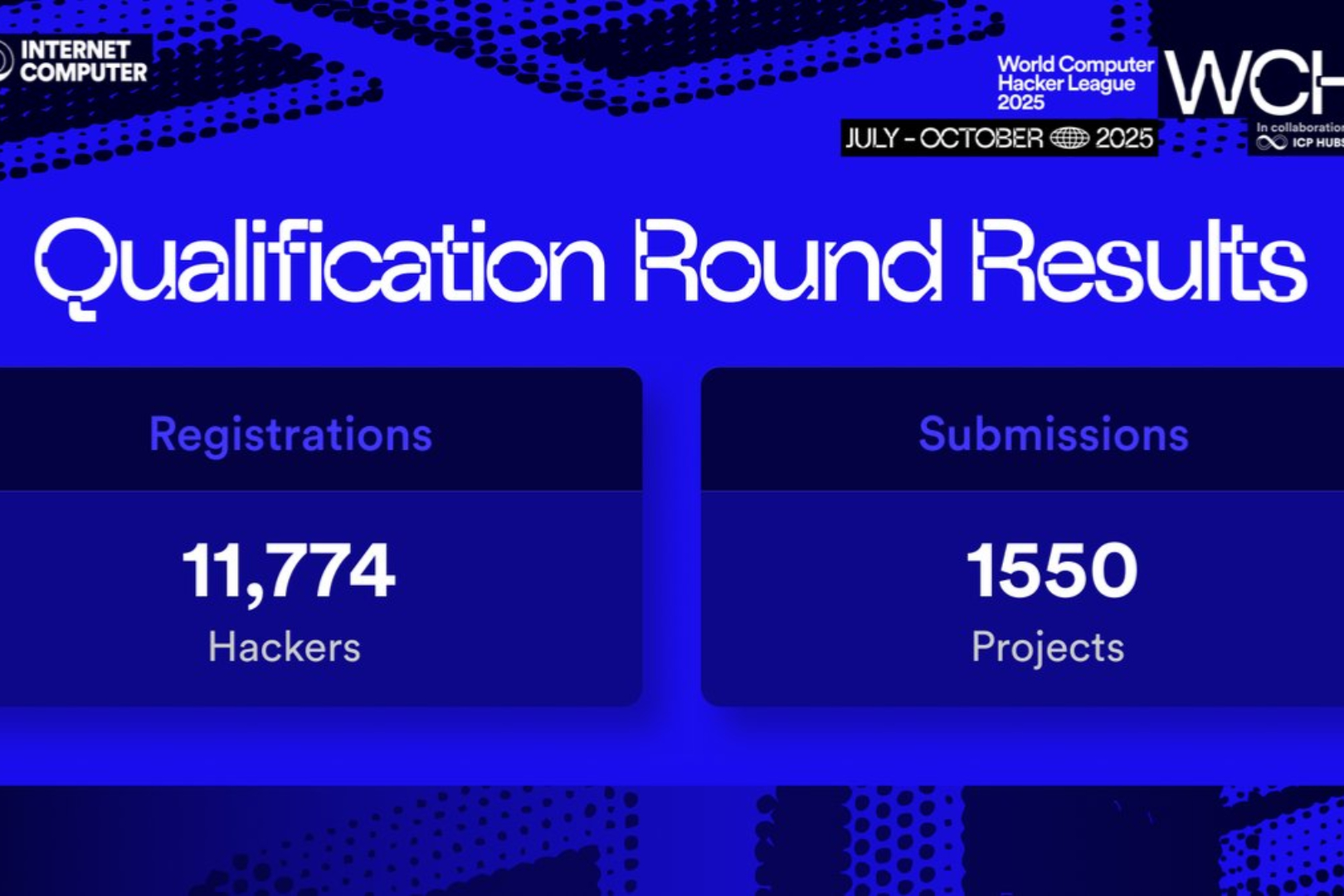Contributor: poetry
In early May 2016, some members of the Ethereum community announced the formation of The DAO, also known as Genesis DAO. It is a management system run entirely by "code". Under this system, there is no formal management role, no endorsement by government agencies, and the subversion of traditional economic cooperation methods. Anyone who looks at it feels unreliable. But it was such an "organization" that controlled more than 100 million US dollars in assets at the beginning of its establishment, and gained the trust and followers of a large number of investors, and also opened the beginning of the development of DAO.
Those who have been in the encryption field for many years should be no strangers to DAO. We call it a "decentralized autonomous organization". Here, there are two more important concepts: decentralization and autonomy.
Decentralization is a communication method gradually formed during the development of the Internet. The multi-node and decentralization characteristics of the Internet make power appear diversified and differentiated, which weakens the one-dimensional power of traditional organizational structures. The dominance of one family gradually dissipates in the Internet age. In a sense, individuals, social organizations, and the government can all become equal discourse subjects, and the discourse power is dispersed from the traditional power center of the government to the society, showing an obvious decentralized power structure.
The meaning of self-government has some political overtones. It means that in the process of governance, political subjects will leave some affairs to the people themselves to manage. Self-government can be carried out in an orderly manner, which has an important impact on the formation of social health and the formation of a stable life. Because social order and stability cannot be produced under political forces dominated by power.
From the perspective of the above two concepts, what DAO wants to do is to disperse the traditional centralized power, give each person in the organization the right to manage and make major decisions, and allow the organizational ecology to develop healthily and stably under an autonomous system.
According to Rousseau, an ideal society is built on a contractual relationship between people rather than between people and the government. A perfect society is governed by the "public will" of the people, which can be produced through discussion by a representative body composed of groups of citizens acting as legislators. Rousseau seems to have formed the idea of DAO long ago, but there is no corresponding means to realize it. The emergence of Ethereum provides the soil for realizing the idea of DAO. Through a set of contracts residing on the Ethereum blockchain, a DAO can de-empower the directors and place them directly in the hands of the owners.
Investors can participate in voting on relevant issues by sending tokens to the DAO contract. They can put forward their own requirements, including economic and business development, and they can also submit ideas by writing proposals and attaching smart contract codes. As long as certain agreed-upon conditions are met, the code automatically executes the payment and the funds flow automatically: the company receives funds according to the rules set out in the smart contract. In this way, token holders have full control over the DAO's assets and its actions.
And because all of this is built on Ethereum, everything is autonomous and completely transparent, so anyone can see and audit it.
In addition, within the rules of the DAO smart contract, holding tokens can not only participate in voting to obtain voting rights. You can also use tokens for buying and selling, pledge, lending and other activities, and you can also get good economic rewards through these activities.
This kind of economic incentive is different from the equity incentive of traditional companies. It is a more decentralized economic model and an important part of the stable development of DAO.
From this, we can also understand that DAO not only broke the traditional organizational concept, but also transformed the traditional economic model, becoming a decentralized economic organization concept. By being built on top of "code", it offers complete transparency, full shareholder control, and unprecedented flexibility and self-governance. This democratization based on "code" is about to overturn the existing concept of economic management.
MakerDAO Brings DAO Back to Glory
Although DAO has so many advantages, the complexity of the code base will only be reflected in the actual operation, and there is still a serious difference between imagination and reality.
The first DAO project, “The DAO,” was hacked just a month after its inception due to a flaw in its code—resulting in the loss of 3.6 million ETH (approximately $6.7 billion at today’s prices). Since then, DAO has gradually withdrawn from people's sight until the emergence of MakerDAO.
MakerDAO launched with the goal of becoming a fully decentralized autonomous organization, run by and for community members. Members of the MakerDAO team are independent market participants, and the flexibility of its governance allows the Maker community to adapt the DAO team framework to the services required by the ecosystem based on real-world performance and emerging challenges. In order to meet the needs of long-term governance, MakerDAO continues to improve EPCs, MIP and voting systems. These three key elements allow members of the community to share, improve, and understand the entire governance process.
At present, DAO is constantly developing and growing. Although there will still be security incidents such as being hacked, the success of MakerDAO has also let everyone see the advantages of DAO in the future development, and also give high hopes to the development of DAO. Familiar protocols such as Uniswap, Compound, and Aave are also governed by DAOs. In addition to the DeFi field, the current popular NFTs and metaverse games have their own DAOs. These DAOs are in charge of hundreds of millions of dollars. It enables everyone to fully participate in and benefit from the innovative economy brought about by the blockchain.
Similarly, DAO is not a mainstream management concept now, and it only exists in the encryption field at present. It still needs a long way to go before it is accepted by most people. But we've seen a lot of traditional companies exploring this space recently. For example, Hong Kong’s South China Morning Post (SCMP), a subsidiary of Alibaba, announced that it will launch an NFT platform plan called ARTIFACT. They will create collectible NFTs from their historical news, and are exploring governance through DAO. A new legal initiative in Australia hopes to allow DAO project managers to contract with other legal entities through DeFi tools. These DAO models will replace the board of directors with Internet communities. From this, we can see that an organizational economic management model without corporate entities, banks, and national boundaries is gradually taking shape.
This is new territory, and the unknowns are numerous. However, in the future where innovative technology and human awareness continue to improve, it is believed that DAO will gradually become the norm in the organization's economic structure. People describe an infinitely bright future on the "code", using algorithms to help themselves understand transactions and make decisions faster and safer, so that everyone can become a real decision maker.
